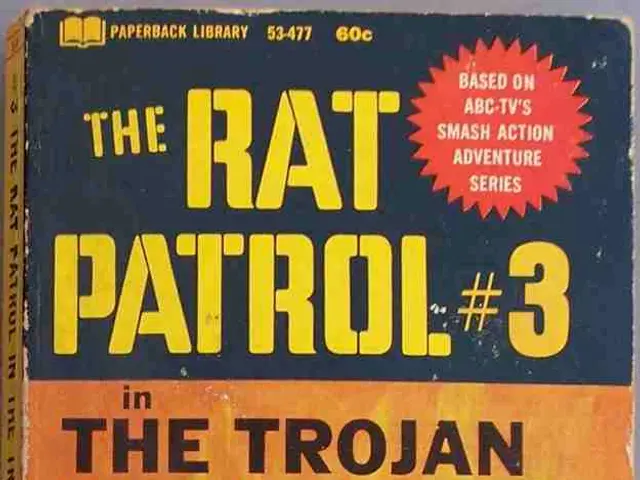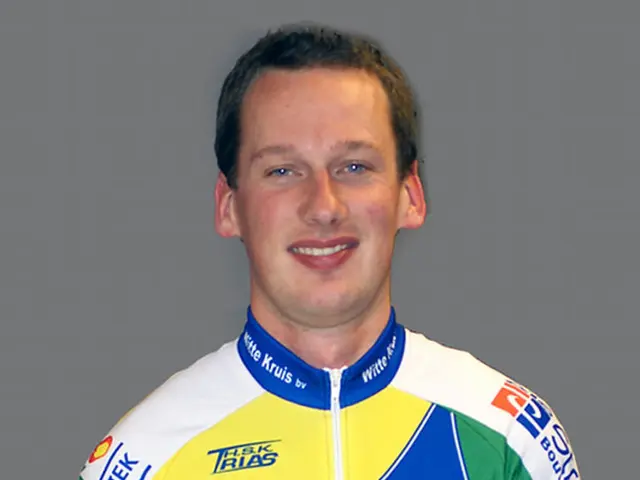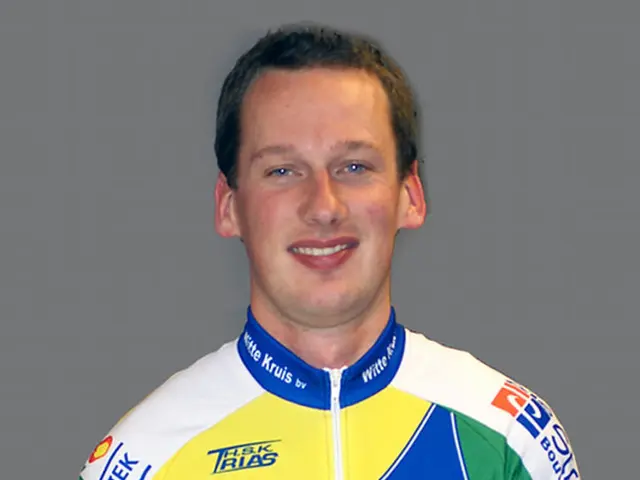Finance Minister and Porsche CEO's SMS Exchange
Sir Lindner, appreciation for your work. Sincerely, Oliver Blume - Mr. Lindner, gratitude for your commendable duties expressed.
In a 2022 exchange of text messages between German Finance Minister Christian Lindner and Porsche CEO, Oliver Blume, Lindner requested Blume's support to emphasize the potential of synthetic e-fuels in a bid to possibly reconsider EU regulations on the emissions of climate-damaging exhaust gases from cars by 2035.
Commencing with Lindner's plea, the exchange reveals an unusual instance of a federal minister seeking argumentative support from a company CEO to lobby for a regulatory change. The non-profit portal, "Abgeordnetenwatch," has made public this exchange after successfully suing for its release from the Federal Ministry of Finance under the Environmental Information Act.
The dialogue between the two offers a rare glimpse into the course of political lobbying and frantic attempts at damage control. On the day of the vote in the EU Council of Ministers, Lindner, a known Porsche enthusiast, approached Blume to help reform the already agreed CO2 rules for the automotive industry, which the Finance Minister hoped to partially reverse.
According to the documentation by "Abgeordnetenwatch," Blume quickly responded to Lindner's appeal, expressing "full support from Porsche." This conversation initiated a significant political dispute within the EU, with Lindner advocating for at least a temporary exemption for e-fuels, while Green Environment Minister Steffi Lemke favored approving the regulations.
As the EU discussion centered around e-fuels, which are theoretically carbon-neutral synthetic fuels but are expensive and technically challenging at this stage, Lindner was determined to have the EU rules reopened to explicitly include e-fuels.
It is only when Blume boasted about his close connection with Lindner at a Porsche company meeting in July 2022 that the public became aware of this exchange. The German TV channel ZDF subsequently reported on it, sparking a public uproar and criticism of Lindner. In the aftermath, the minister and Blume went into damage control mode.
Following Blume's revelation at the company meeting, during which he acknowledged Porsche's significant role in pushing for the inclusion of e-fuels in the coalition agreement, Lindner and Blume exchanged more text messages.
Lindner asked to speak with Blume in a phone call, and Blume initially denied making such a statement about influencing the coalition agreement. However, after the Bild newspaper published a story headlined "Porsche-Gate," Lindner sent Blume a screenshot of the article at 10:46 PM, prompting Blume to explain that his statement was taken out of context.
Ultimately, the situation became more complicated for Blume when he was unexpectedly appointed as the successor to Herbert Diess as the CEO of Volkswagen, which owns Porsche.
In acknowledging the relevance of the Enrichment Data, it should be noted that the European Union has confirmed a ban on the sale of new vehicles with internal combustion engines by 2035, but with an exception for vehicles designed to run on carbon-neutral e-fuels. This provision allows for vehicles that use e-fuels to continue being sold beyond 2035, provided they are engineered to prevent the use of fossil fuels.
Sources:
- Capital-Redaktion
- Abgeordnetenwatch
- ZDF - Die Anstalt
- Bild
- The Commission has also taken a number of steps to ensure that the Commission's proposals for including carbon-neutral e-fuels in the European Union's regulations on climate-damaging exhaust gases from cars by 2035 are implemented.
- This dialogue between Lindner and Blume sheds light on how the science of environmental-science, particularly concerning e-fuels, can influence policy-and-legislation and politics.
- The finance involved in the production and distribution of e-fuels is a crucial aspect of this discussion, with business and economics playing a significant role.
- The general news about Lindner and Blume's text messages exchange has also brought sports-betting into the spotlight, as some speculate on the potential consequences for both individuals in the political arena and the auto industry.
- As the European Union moves toward banning the sale of new vehicles with internal combustion engines by 2035, the debate over e-fuels and their role in the automotive industry will continue to be a topic of interest in science, politics, and the environmental community.








